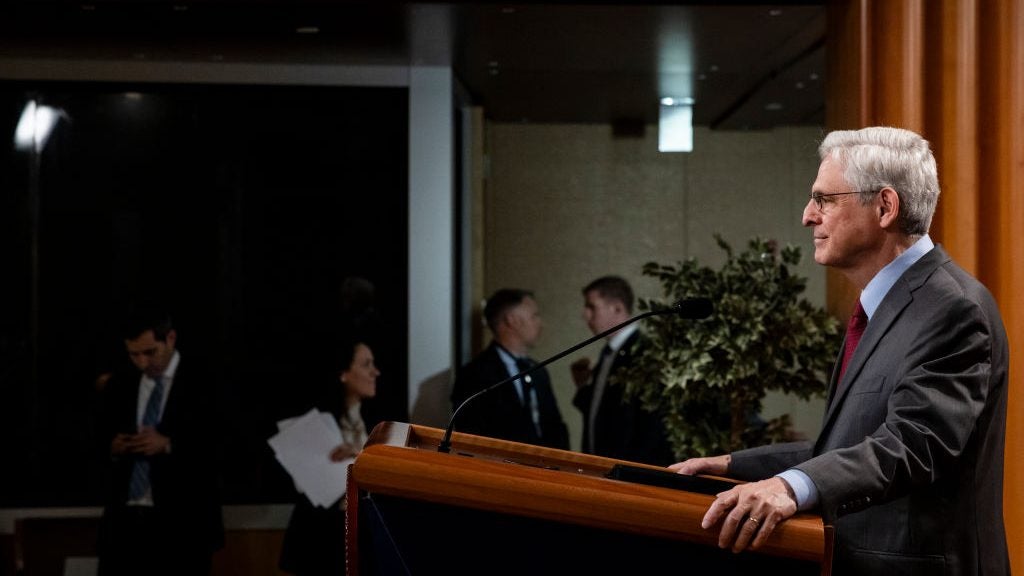Opinion: The Global North can’t solve its health care worker shortage by recruiting from the Global South
Some countries with a tradition of training nurses "for export," like the Philippines, are actually facing a huge shortage themselves.

The U.S. is facing unprecedented health care labor shortages and related cost pressures. In the U.K., the National Health Service has witnessed its largest nursing strike in history alongside junior doctor strikes, which have been prompted by staffing shortfalls and inadequate pay. Europe is endangered by an aging workforce, growing absenteeism, and health care workers simply quitting the field.
To fill those gaps, international recruitment is on the rise in the Global North. Filipino nurses already make up almost 5 percent of the U.S. nursing workforce. Fifteen percent of health care workers globally are working outside their country of birth. More than one-quarter of physicians in the U.S. and over one-third of doctors in the U.K. were trained elsewhere. Some high-income countries are even cutting out the middlemen. Henry Ford Health, a large nonprofit system based in Michigan, for example, has directly recruited hundreds of nurses from the Philippines. In August 2022, it was reported the NHS was planning to send managers to India and the Philippines to recruit thousands of nurses there.
What's Your Reaction?
































